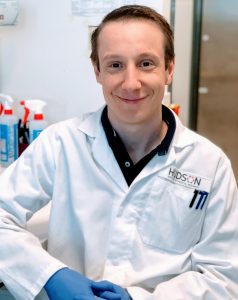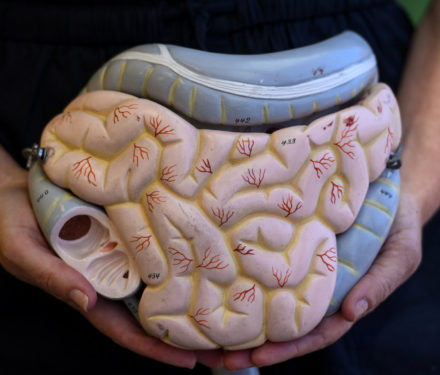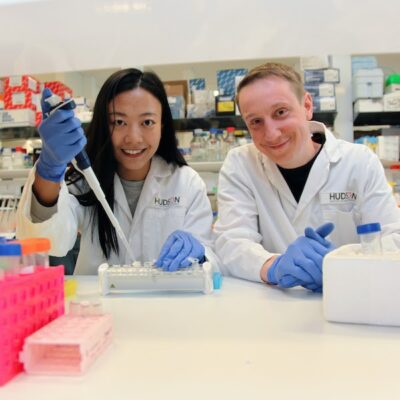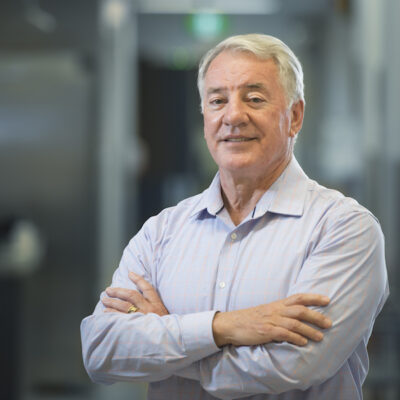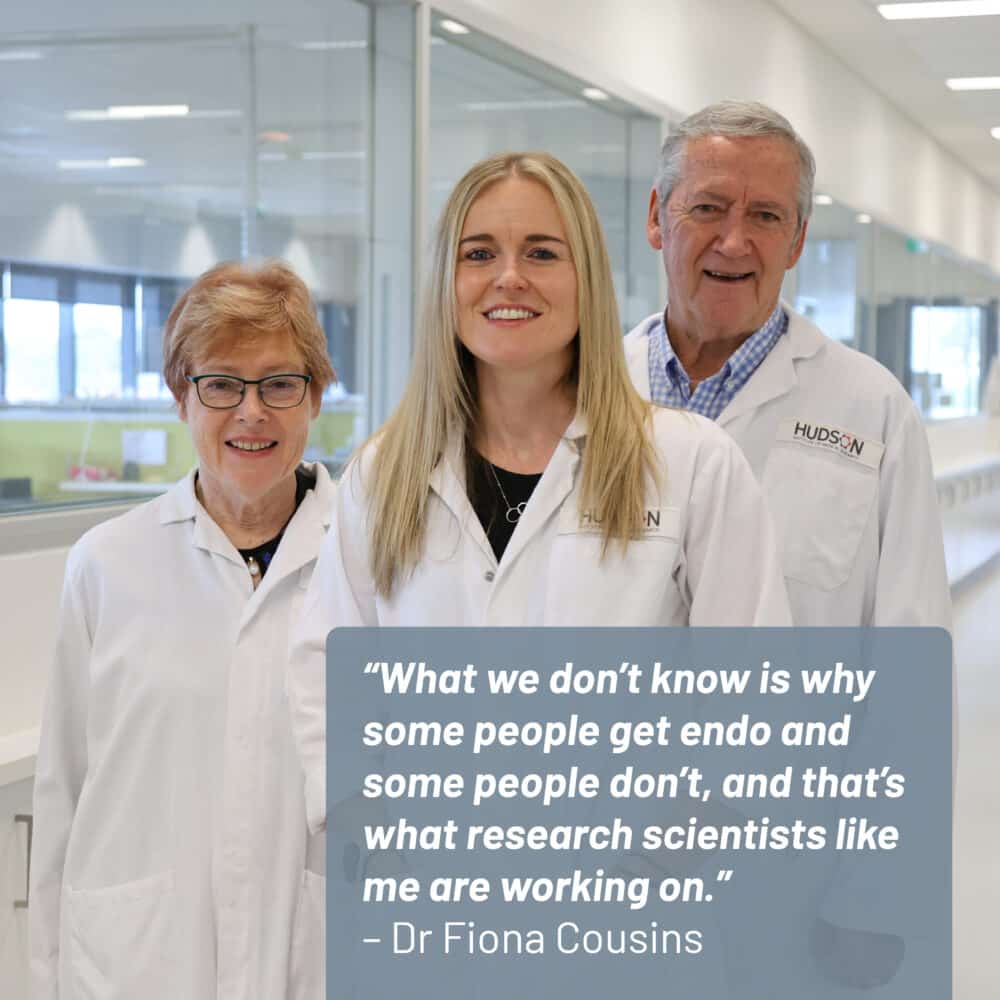Research fellowship progressing colorectal cancer research
By Hudson Institute communications
Hudson Institute’s Cancer Genetics and Functional Genomics Postdoctoral Scientist, Dr Marius Dannappel, has been awarded a highly sought after Research Fellowship from the DFG (German Research Foundation) that will progress his research aimed at developing treatments for colorectal cancer.
The two year early career fellowship will enable Dr Dannappel to continue his research into the protein CDK8 which has been shown to be overactive, promoting tumour growth, in colorectal cancer. He will be exploring whether CDK8 could be a targeted to treat colorectal cancer and potentially other diseases.
Colorectal cancer was the third most commonly diagnosed and second leading cause of cancer deaths in Australia in 2016. Currently, there are very few treatment options for late stage patients.
Dr Dannappel said besides its role in colorectal cancer, the function of CDK8 in healthy tissues and in relation to disease remains largely unknown.
“By analysing the role of the protein in healthy tissues, we may identify possible roles of CDK8 in other diseases such as chronic inflammation or metabolic disorders. This would allow us to examine the potential for treating other disorders, beyond colorectal cancer.”
Continuing study in Australia
Dr Dannappel completed his PhD in the ‘Cluster of Excellence in Cellular Stress Responses in Aging-associated Diseases’ (CECAD) at the University of Cologne, Germany.
During his post-graduate studies in Germany, Australia’s world-class biomedical research reputation attracted his interest. He joined Hudson Institute’s Centre for Cancer Research in October 2017.
Dr Dannappel said Australia’s key strengths lies in the translation of basic research findings to the clinic.
“At Hudson Institute this is enabled by a very collaborative infrastructure and the short distances between hospital clinics and our labs,” Dr Dannappel said.
“This fellowship will help me to ‘give back’ to my mentor, A/Prof Ron Firestein, who has been extremely supportive, encouraging my ideas and giving me the freedom to do the research.”
“I am pleased to be able to continue working on this vital project under the fellowship. The hope is this research will ultimately result in discoveries that help patients.”
Contact us
Hudson Institute communications
t: + 61 3 8572 2697
e: communications@hudson.org.au
About Hudson Institute
Hudson Institute’ s research programs deliver in five areas of medical need – inflammation, cancer, reproductive health, newborn health, and hormones and health. More
Hudson News
Get the inside view on discoveries and patient stories
“Thank you Hudson Institute researchers. Your work brings such hope to all women with ovarian cancer knowing that potentially women in the future won't have to go through what we have!”

